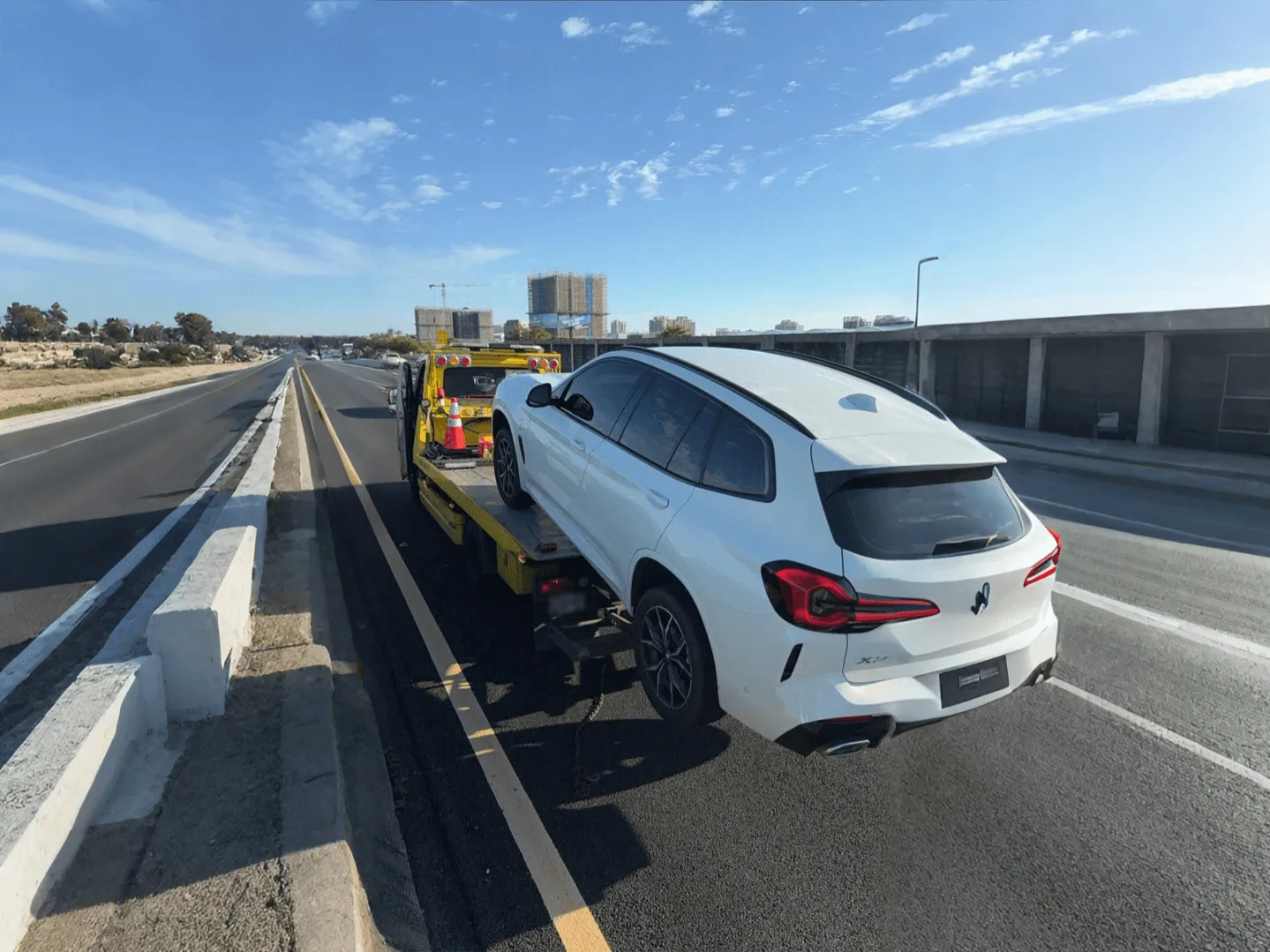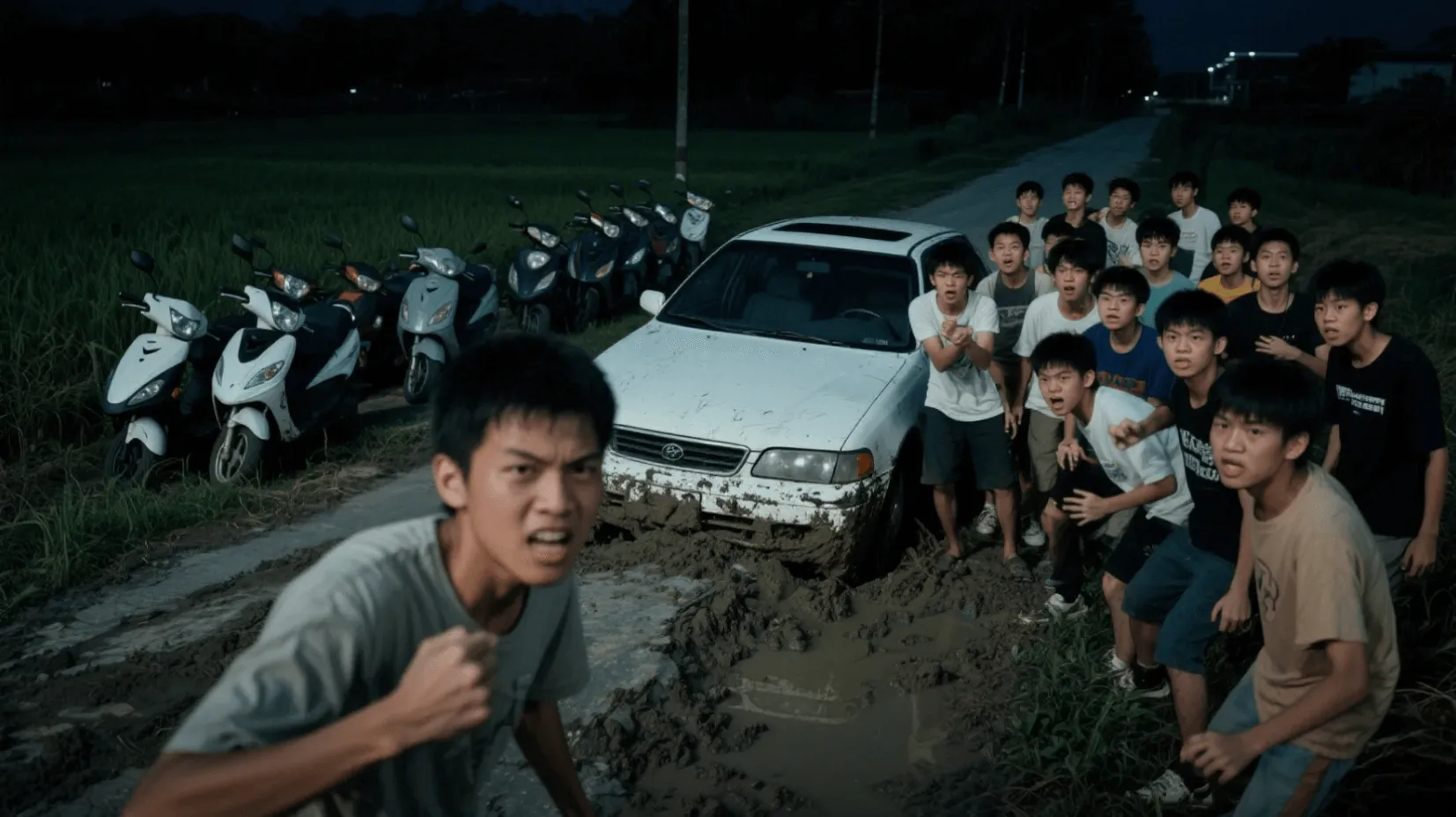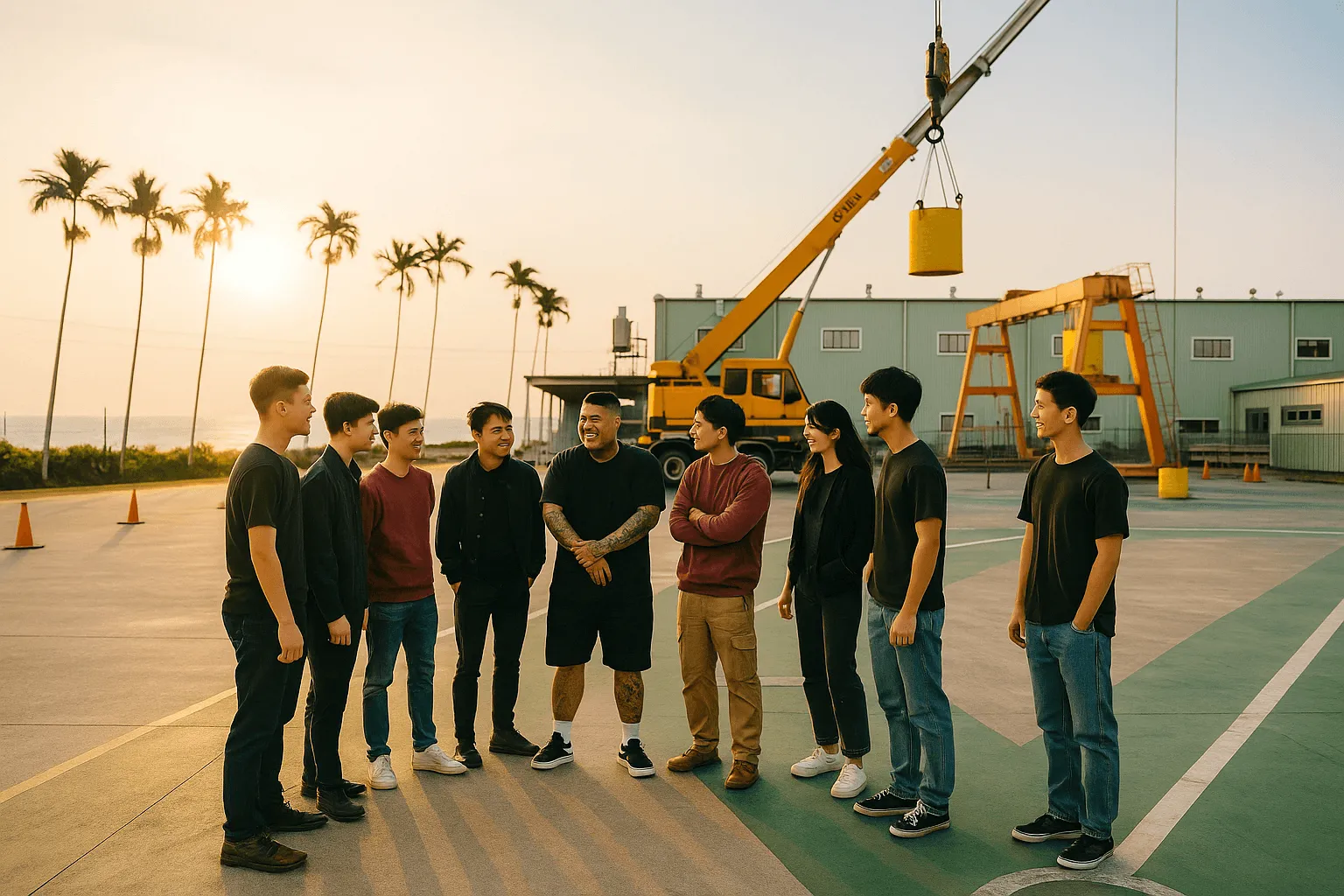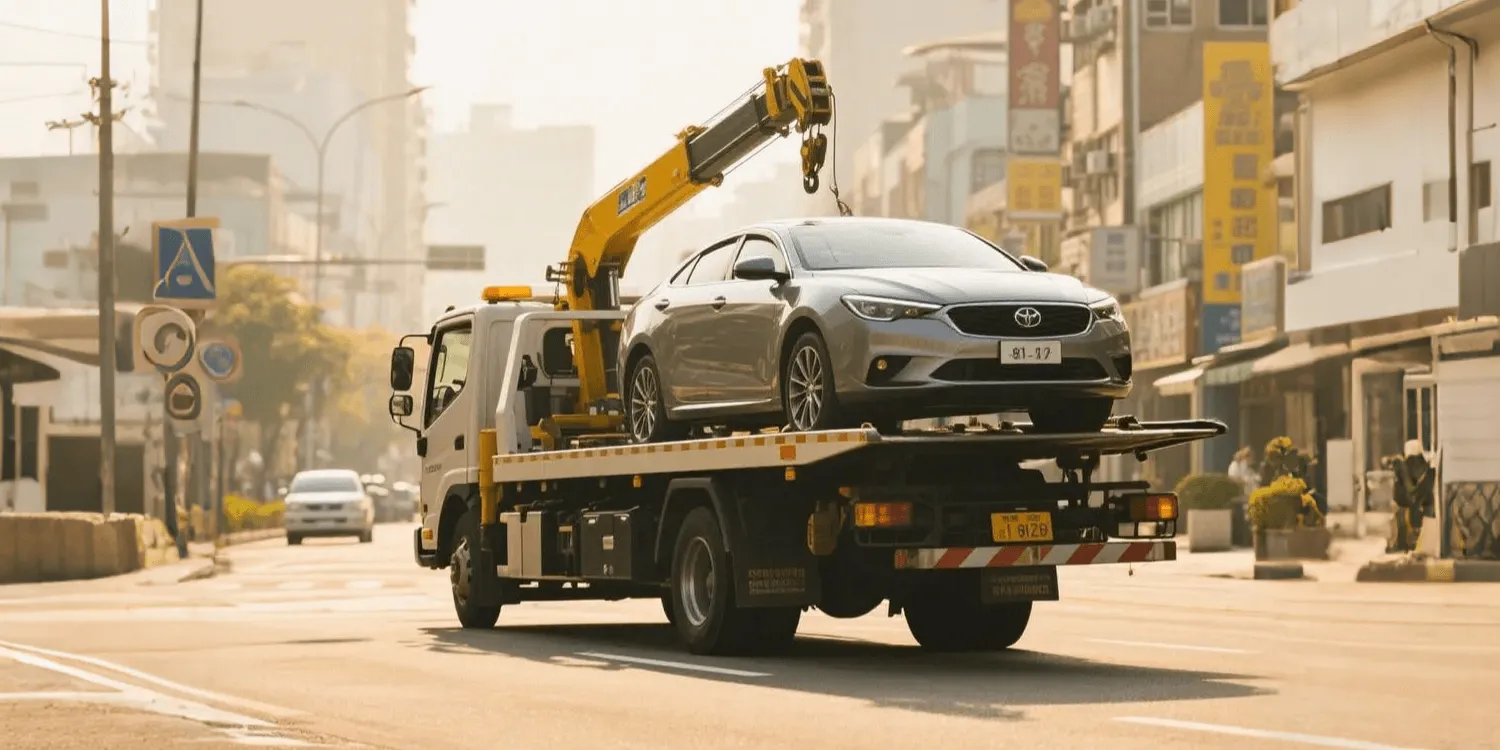After a Highway Rear-End Collision, the Car was Dropped During Towing? What Our Towing Industry Should Learn from a Case of Triple Damage

Recently, a post on Threads sparked widespread discussion and concern, where a car owner shared their family's painful experience after being rear-ended on the highway, where a towing company contracted by the highway authority was called to assist, but a series of gross errors led to their brand-new, $2.65 million car suffering triple damage.
Related News Video
According to the original Threads post (1), original Threads post (2), and Yahoo News report, the course of events was as follows:
- Initial Damage: Being rear-ended on the highway, resulting in damage to the rear bumper and trunk.
- Secondary Damage: During the towing process, the tow operator failed to put the vehicle in P gear, did not engage the handbrake, and did not use the tow hook to secure it, causing the vehicle to slide off the tow truck, resulting in severe undercarriage damage.
- Tertiary Damage: While dealing with the slid-off vehicle, the driver directly lowered the tow platform, causing the front of the car to hit the tow truck's platform directly, further damaging the car body.
Even more unacceptable is that the tow operator later admitted that he was working fatigued due to lack of sleep (having slept only three hours), which led to the operational errors.
The victimized car owner complained that a month after the incident, the towing company has still not addressed the matter.
News verification found that the tow truck was a franchisee. The company said it had not ignored the matter and the insurance company was handling it, but the towing process caused the luxury car to slide off twice. The owner fears the used car value will be affected and hopes the other party will provide an explanation, otherwise, they do not rule out a lawsuit to defend their rights.
✅ Professional Advice from Towing Peers
As a member of the towing profession, seeing such an incident is very heavy-hearted. This case highlights the importance of Standard Operating Procedures (SOPs) and personnel management. Here is some professional advice on the key errors in this incident:
1. Vehicle not properly secured, leading to it sliding off and damaging the undercarriage
- Cause of error: Not putting the vehicle in P gear, not engaging the handbrake, and not using a tow hook or cables to secure it.
- How to avoid it:
- Basic Securing: Before driving, ensure it is in P gear and the handbrake is firmly engaged.
- Physical Securing: It is imperative to use a tow hook, wheel tie-down straps, or cables to firmly secure the vehicle to the tow truck's platform to ensure it does not slide during transport.
- Smooth Driving: Drive slowly during towing and avoid sudden braking or acceleration.
2. Improper unloading method while the vehicle was still stuck on the platform
- Cause of error: Lowering the tow platform directly while the vehicle was not fully aligned or was still stuck at the rear of the platform, causing the car to slide off and the front to hit the tow truck's platform.
- How to avoid it:
- Ensure Stability: If the vehicle is still operable, first ensure it is in P gear and the handbrake is engaged.
- Use Support: If the tow truck has rear support legs, they should be extended and firmly planted on the ground first to raise the rear of the truck, preventing the vehicle from becoming unstable or sliding backward.
- Correct Repositioning: The crane should be used to lift the vehicle to a safe position before proceeding with other operations.
- Do Not Force It: If you do not have the proper tools or are not confident in the operation, you should never try to handle it by force, but should immediately request assistance from colleagues or other professionals.
3. Driver working fatigued, leading to a series of operational errors
- Cause of error: The driver admitted to having slept only three hours before coming to work, and fatigue was the main cause of the series of errors.
- How to avoid it:
- Personal Responsibility: Tow drivers should ensure they are adequately rested before working. This is not only a responsibility to the customer but also a responsibility for their own safety.
- Company Policy: Towing companies should establish a reasonable scheduling system to prevent driver fatigue.
- Support Mechanism: For long or difficult rescue missions, shifts or additional personnel should be arranged for support.
Seeing the Helplessness and Voices of Peers
Below the news video, I saw many comments from netizens. Besides sympathy for the car owner, there was also a large amount of abuse and prejudice against tow truck drivers and even the entire industry, such as "Never underestimate what stupid things a woman can do," and "Sleeping only three hours, was he partying all night?" and so on.
As a member of this industry, seeing such an incident, my mood is actually very complicated and sad. We should not follow the online comments to berate, but should learn from it.
This incident, apart from the driver's own gross negligence, also reflects the entire structural problem—is the practitioners' rest adequate? Is the company's management and training in place? These are all issues that our entire industry needs to face and reflect on together.
We hope the driver involved can learn from this lesson and be more diligent and cautious in their work in the future. Every detail of the SOP is an important key to protecting car owners and also protecting ourselves.
Final Thoughts
Towing work is often carried out under high pressure, tight deadlines, and complex environments, but for this very reason, it is even more necessary to establish clear operating procedures and a reasonable scheduling system to protect car owners and also ourselves.
We hope this case can promote more positive discussion and improvement, and let our entire industry become more professional and trustworthy together.



